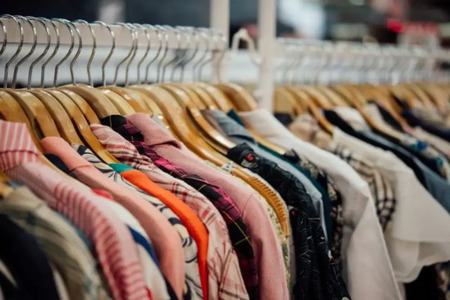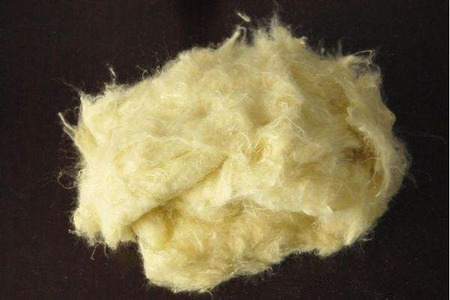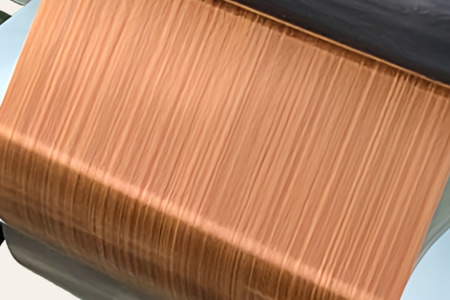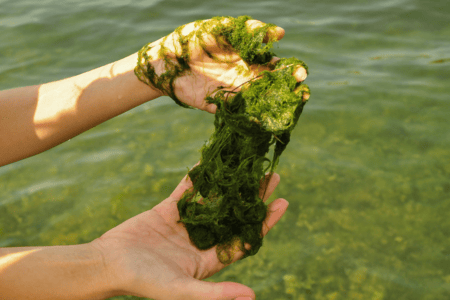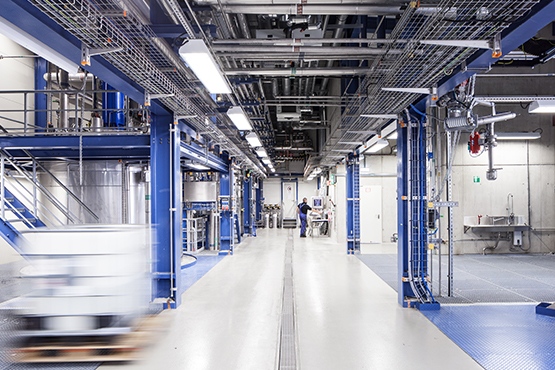
Rudolf launches Cycle-Logic chemical auxiliaries from recycled PET bottles
YarnsandFibers News Bureau 2021-06-15 12:46:41 – GermanyThe first three Cycle-Logic chemical auxiliaries for textiles based on post-consumer, recycled PET bottles have been released by Rudolf, a German manufacturer of textile finishing products and construction chemistry. Recycled PET bottles are utilized as raw material for textile auxiliaries in the form of cleaned flakes, avoiding the usage of new, virgin resources.
Feran Upcycle ICT is the first intelligent moisture management technology for PES textiles, according to Rudolf. Rucogen Upcycle RNB is the most advanced dispersing agent for indigo washing, and Rucolin Upcycle SDS is the first all-in-one, multi-functional, high-affinity polymer dyeing auxiliary, according to Rudolf.
The transformation of trash into products that may be utilized for a greener and more sustainable world is one of the most sophisticated and developing areas in textile chemistry. The vast bulk of this field's study focuses on organic waste that can be recycled into bio-carbon-based innovation.
Cycle-Logic catches incredible technological innovation and forges a new path: upcycling post-consumer, throwaway, and non-returnable polymers like beverage PET plastic bottles into useful textile chemistry.
Glass, metal, and plastic can all be recycled and given new lives, but although glass and metal are practically eternally recyclable, plastic is a different story with a far more difficult one. Solving this problem and creating a more circular economy for plastics would necessitate innovation and collaboration across the supply chain.
According to Rudolf, 60% of the 30.3 million tonnes of PET produced in 2017 was processed into synthetic fibers, with the remaining 30% being utilized to make bottles.
Chemical recycling is the breakdown (or depolymerization) of polymeric polymers into their fundamental building blocks, which are then employed to create new substances and materials. Rudolf R&D has investigated novel solutions for PET chemical recycling in addition to typical bottle-to-bottle recycling. PET plastics may now be recycled into raw materials that are utilized as inputs in Rudolf's production, substituting fossil fuels in part.
Markets and society expect the sector to provide novel and constructive plastic waste management solutions that complement existing recycling and waste management procedures. Rudolf develops production processes and product propositions that represent polyester waste as a valuable resource rather than a threat to the environment in order to achieve such expectations.
Market Intelligence
Ask for free sample Report

experience
Customer Base
dedicated team
Countries Served Worldwide



